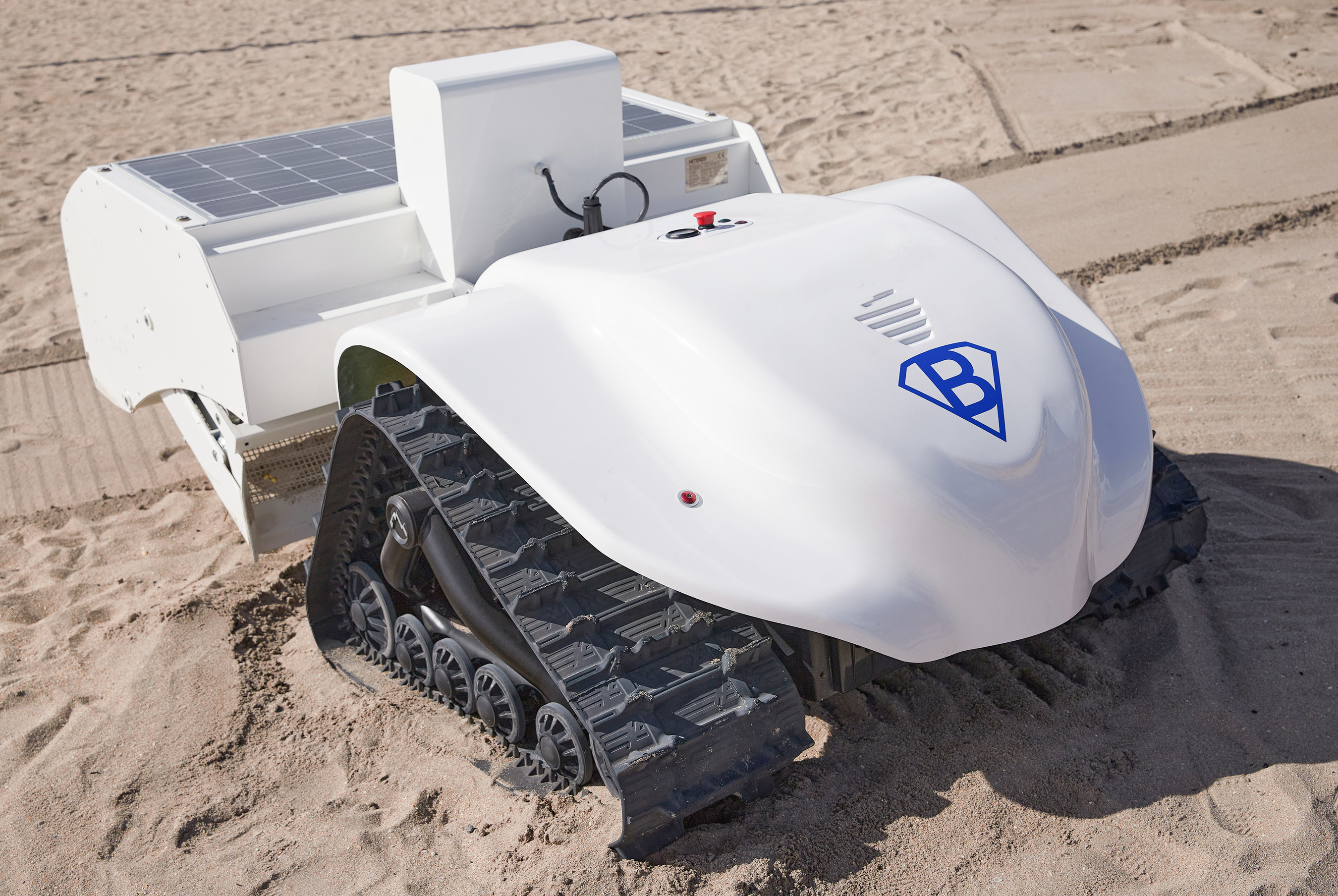Meijer announced today a $1 million donation to the charitable arm of the Council of the Great Lakes Region in the United States – the CGLR Foundation – to clean up Midwestern beaches and waterways, and ultimately inform the public about the scale of the plastics pollution problem in the Great Lakes and actions to take to end plastic waste and litter.
"We are lucky to live near the beautiful Great Lakes, which not only provide immense economic value to the region, but they also act as a hub for recreation, travel and biodiversity. It's our responsibility to protect them," said Vik Srinivasan, SVP of properties and real estate, in a statement. "These lakes represent a fifth of the world's surface freshwater, and our partnership with the Council of the Great Lakes is the perfect opportunity for Meijer to be hands-on in the protection of our local waterways."
The Great Lakes are the largest surface freshwater system in the world, and models estimate that 22 million pounds of plastic litter enter them annually. An estimated 80 percent of the litter that washes up on those shorelines is plastic, according to Meijer.
The $1 million donation from Meijer to the CGLR Foundation will fund the purchase and use of three innovative litter capture and cleanup technologies at more than a dozen locations in the Midwest. They're part of the expansion of the Great Lakes Plastic Cleanup's plastic capture and recovery effort, an initiative that started in 2020 by the Council of the Great Lakes Regional and Pollution Probe:
BeBot (pictured above): Eco-friendly, remote-controlled electric (solar and battery powered) beach cleaning robots that clean 32,000-square-feet per hour – will be deployed to busy beaches in Michigan, Indiana, Ohio, and Wisconsin to rake through the sand without altering the beach environment, and collect plastic litter and other waste in a basket for disposal and recycling.
Pixie Drone: Eco-friendly, remote-controlled water drones that can collect up to 200 pounds of material per use, will navigate through marinas and other waterways in Michigan, Indiana, Ohio, and Wisconsin to collect plastic litter and other waste debris floating on the surface of the water. It will also collect other water data, such as temperature, pH, salinity, turbidity, and dissolved oxygen.
Gutter Bins: Gutter bin stormwater filtration systems will be installed at select Meijer supercenters. The gutter bins will capture and prevent trash, debris, microplastics, and other harmful stormwater pollutants from flowing into nearby waterways. Each bin captures hundreds of pounds of pollution per year.
"We are very excited to be working with Meijer to expand the GLPC in the United States in 2022, the 50th anniversary of the United States-Canada Great Lakes Water Quality Agreement," said Mark Fisher, president and CEO for the CGLR, in a statement. "Meijer has had a long-standing commitment to protecting the environment and this investment in the GLPC will reduce plastic pollution and keep this globally significant natural resource beautiful and clean for generations to come."
Meijer and the CGLR will lead these cleanup projects at the local level working with a variety of community, state, and environmental NGO partners, including the Ohio, Michigan, and Wisconsin Sea Grant organizations, the Indiana Department of Environmental Management, the University of Wisconsin-Oshkosh, and Pollution Probe. Each project will collect, sort, weigh, and itemize waste materials to better inform – and educate – the public, regional companies, and policymakers at all levels on the problem and the solutions.
Related: Meijer Announces Sustainability Supplier Summit; Meijer Accepting SNAP Benefits for Pickup, Delivery.

